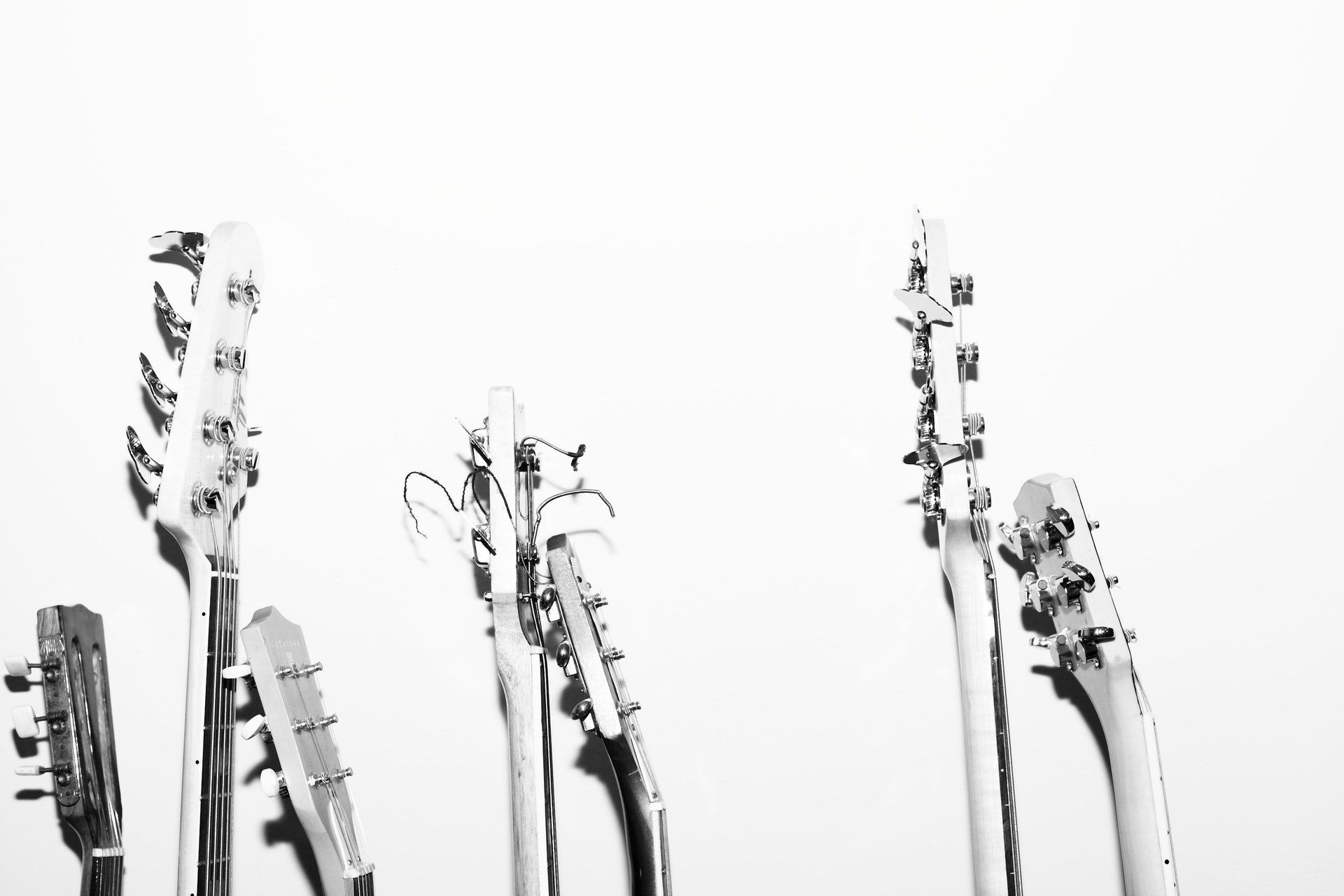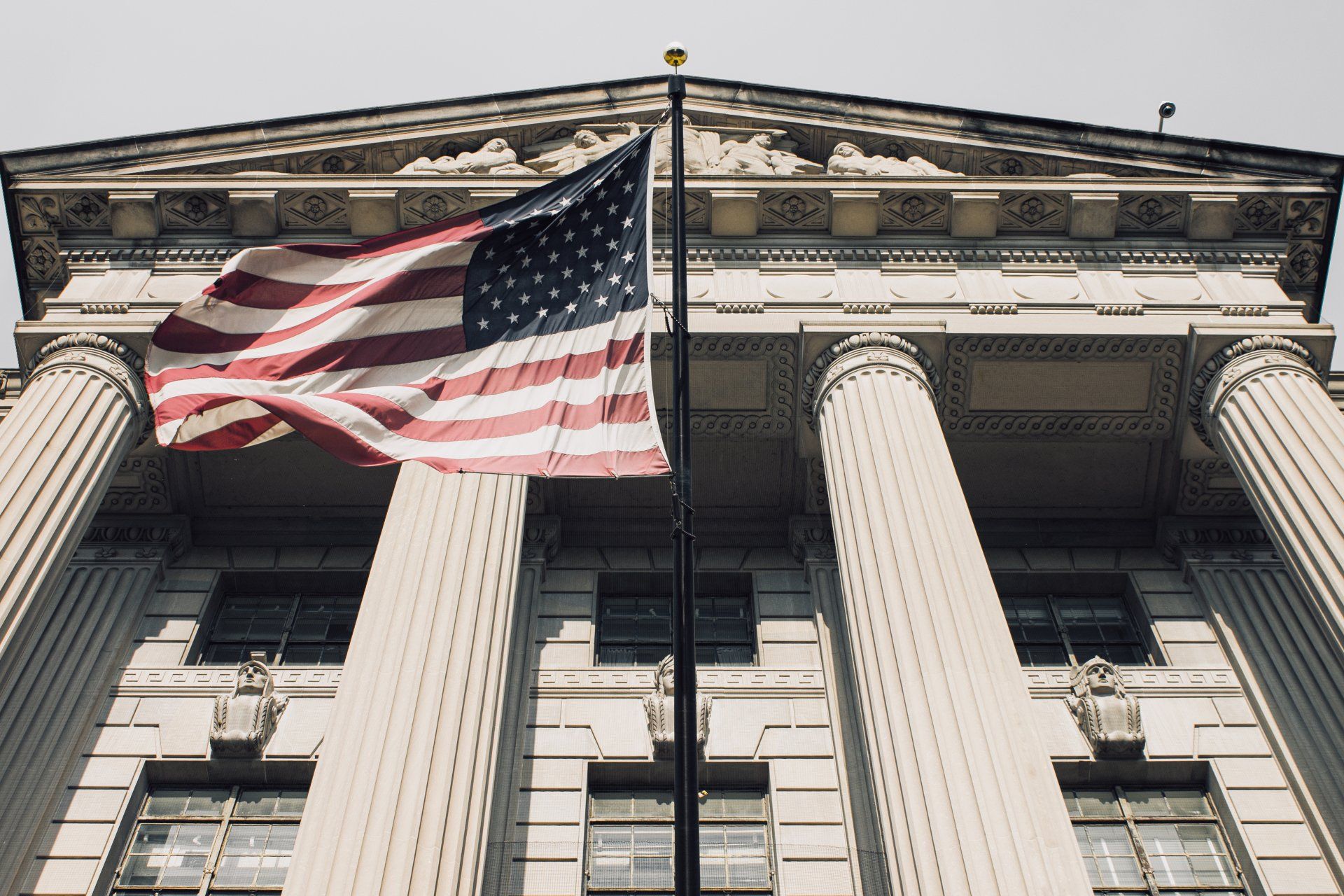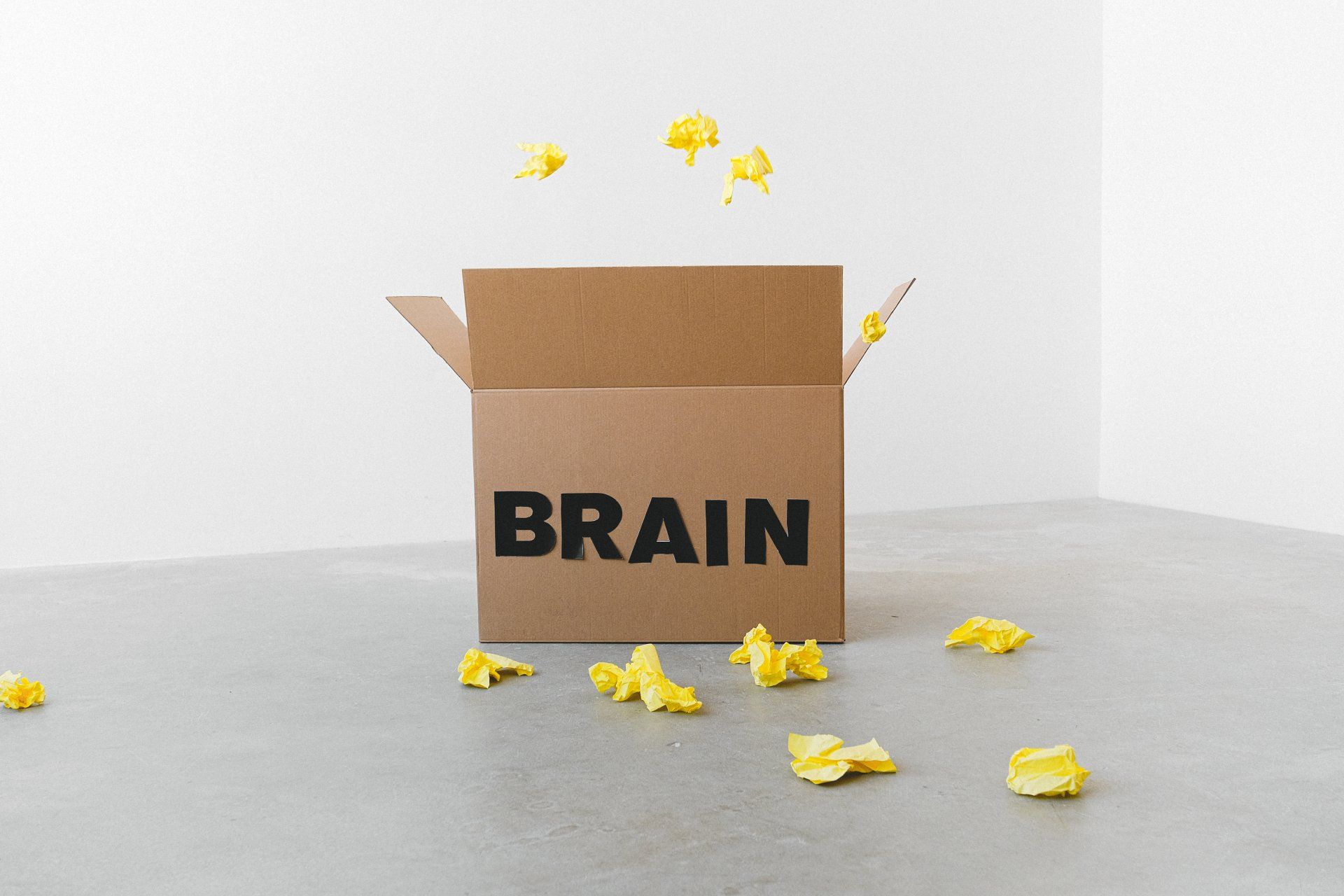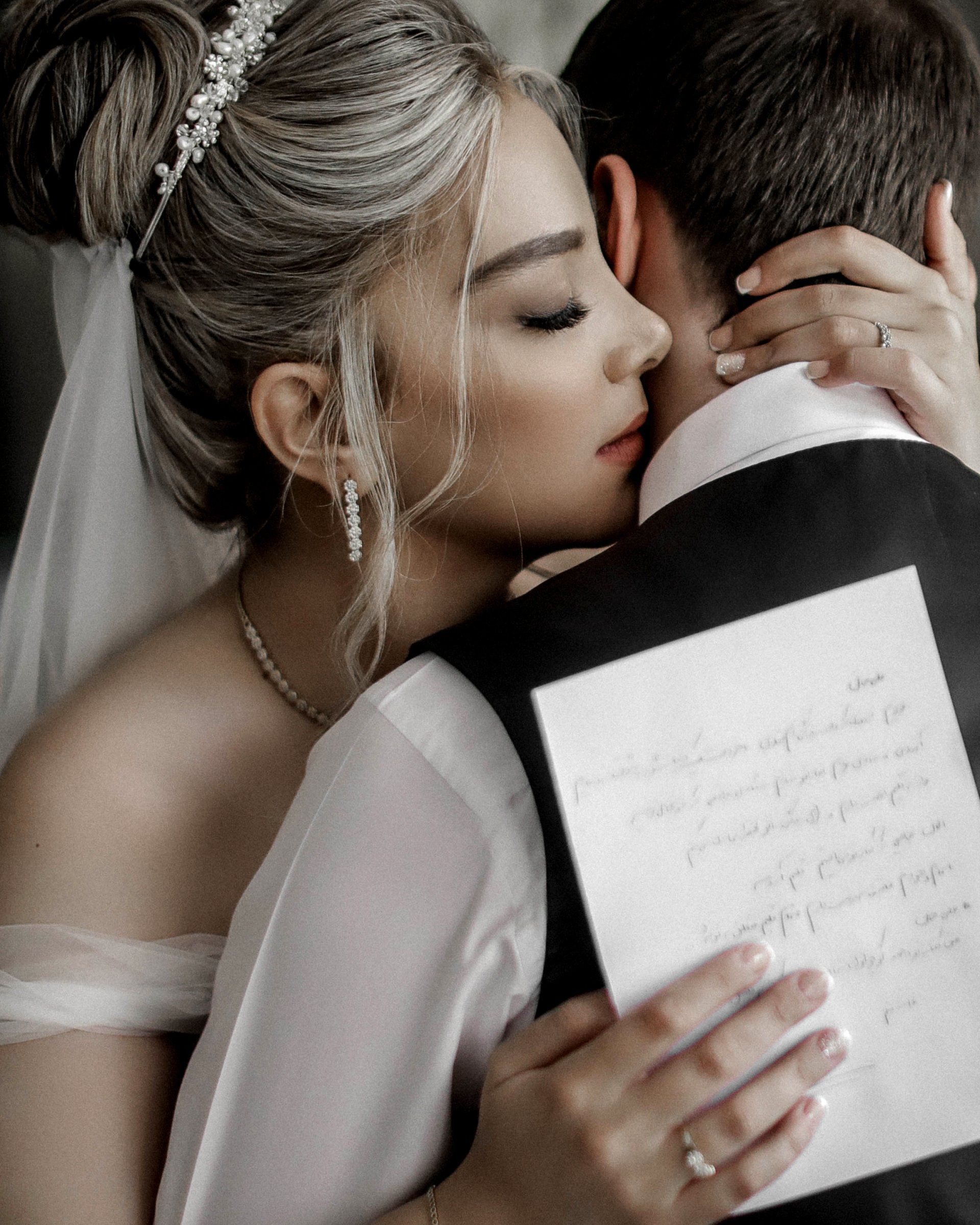Exclusive Rights To You Literary And Musical Works

(i) reproduce the copyrighted work;(ii) prepare derivative works based thereon;(iii) distribute copies of the copyrighted work;(iv) perform publicly (via digital audio transmission or otherwise); and (v) display publicly.17 U.S.C. § 106(1)-(6).
- the purpose and character of the use, including whether such use is of a commercial nature or is for nonprofit educational purposes;
- the nature of the copyrighted work;
- the amount and substantiality of the portion used in relation to the copyrighted work as a whole; and
- the effect of the use upon the potential market for or value of the copyrighted work.
- Direct evidence of copying; or
- Inference of copying, which is drawn when (i) defendant had access to copyrighted work, and (ii) accused work is substantially similar to copyrighted works (or “virtually identical” in some cases).
- an idea – expression “dichotomy” between idea and the expression of the idea;
- merger doctrine – means of expressing an idea is very limited;
- scenes a faire – a common standard expression within a genre;
- functional elements of a concept;
- certain facts which are scientific or universal; and
- public domain materials.

Have an idea for a blog? Click and request a blog and we will let you know when we post it!
Let’s talk about your legal issue
Wilson Legal Group P.C.
d/b/a Wilson Whitaker Rynell
(972) 248-8080 (Dallas) MAIN OFFICE
(713) 830-2207 (Houston) Appointment Only
(512) 691-4100 (Austin) Appointment Only
For more information on how we can assist in your intellectual property, commercial litigation, divorce, or other personal needs, let us know how we can help you:
How Can We Help You?
WILSON WHITAKER RYNELL
Thank you for contacting us!
We will get back to you as soon as possible.
Please try again later.
Disclaimer:
This form does not establish an attorney-client relationship, and should only be used to contact the firm about scheduling a call or meeting. No confidential or sensitive information should be sent using this form.
The law office of Wilson Legal Group P.C. (d/b/a Wilson Whitaker Rynell) represents clients nationwide, including Dallas, Austin, Houston, and other Texas areas such as Fort Worth, Arlington, Carrollton, Plano, Allen, Lewisville, Flower Mound, Irving, Denton, McKinney, North Richland Hills, and all cities within Dallas County, Tarrant County, Collin County, and Denton County.
OFFICES
ABOUT
CONTACT
BLOG
JOIN OUR NEWSLETTER
Wilson Whitaker Rynell
16610 Dallas Parkway, Suite 1000
Dallas, Texas 75248
972-248-8080 (MAIN)
972-248-8088 (FAX)
info@wrrlegal.com (E-MAIL)












